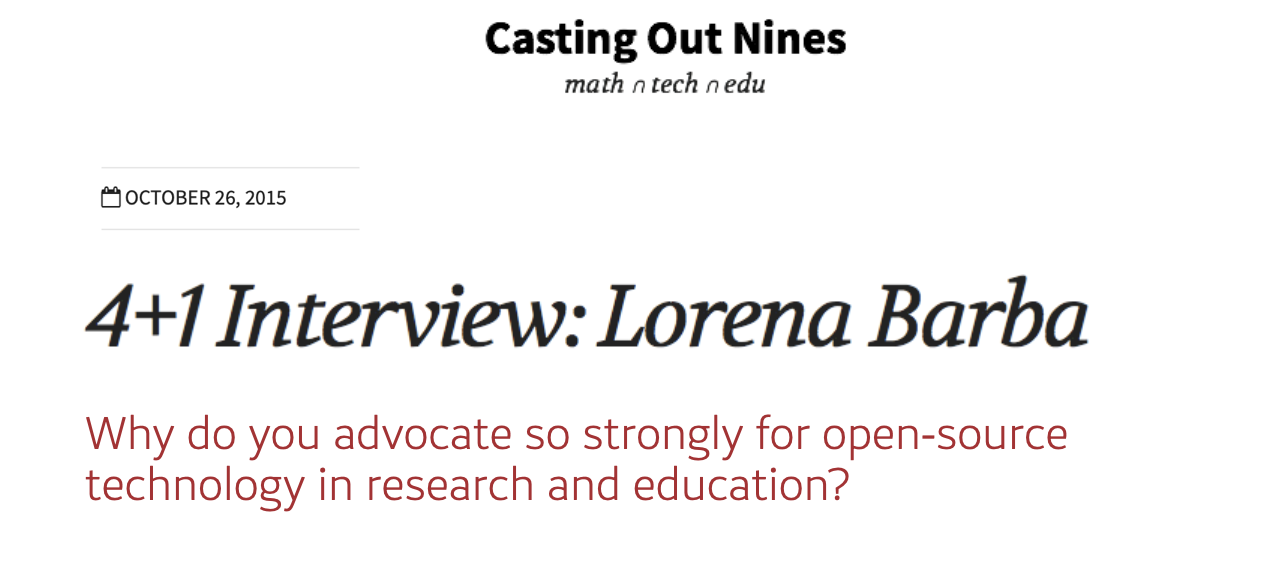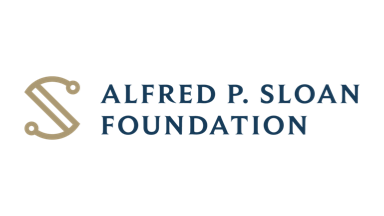OSS Licensing for Researchers and Educators#
This is a a short course that introduces researchers (doctoral students, postdocs, staff researchers and PIs) to the essentials of open-source software (OSS) licensing for research and educational purposes. The course duration should be about 3 hours when taught live, and we will also produce an online version for self-study.
The three lessons in this course cover essential topics related to using, licensing, and collaborating with open-source software, data, and content in a research and education contexts. Each section includes relevant subtopics and practical concerns, focusing on key licensing concepts, choosing appropriate licenses, navigating institutional processes, and fostering open-source collaboration in research teams.
Vignette: A Research Dilemma
Dr. Samantha Rodriguez, a graduate student in computational biology, has been working on developing new algorithms for analyzing genomic data. During her literature review, she comes across a research paper that describes a software tool that could significantly improve the performance of her analysis pipeline.
The software seems to be exactly what she needs, and the paper’s authors have made the source code available online. Excited by this discovery, Samantha downloads the code and tries to integrate it into her own project.
However, as she digs deeper, she realizes that the code repository contains several files with different licenses, some of which she’s never encountered before. She starts to wonder:
Am I allowed to use and modify this code for my research?
What are the legal implications of distributing my work that includes this third-party software?
If I make changes to the code, can I share those changes with others?
What if I want to use parts of this code in a future commercial project?
Samantha feels overwhelmed by the licensing complexities and is unsure about the best way to proceed. She knows that using open-source software can be incredibly beneficial for her research, but she also wants to ensure that she’s complying with all legal and ethical requirements.
As researchers increasingly rely on open-source tools and collaborate across institutions, understanding software licensing has become crucial. Making the wrong choices could lead to legal troubles, restrict future opportunities, or inadvertently limit the impact of one’s work.
The dilemma presented in the vignette above is an example of how you might first encounter open-source software: someone on the internet posted their code on a website… Can you use it? Can you incorporate it into your own code? Can you modify it? Can you redistribute it? Should you credit the author?
Once you have experienced the joy of reusing someone else’s open-source software, and it has benefitted your research or educational endeavors, you may ask: how do I share my own code with the world? After all, we seek to have impact through our work, and you now see clearly that sharing can have impact! What do you need to know to license your own code, data, or other works?
As you engage more with open-source software, you realize that most projects are developed collaboratively. It’s true of your research, too. This is the top prize: working with others under an open development model. What do you need to know about licensing joint work?
The lessons in this course cover: how to use licensed works; how to license your own material (code, data, other content); and how to work with others and license together. Read on!
Why open source?

In an October 2015 interview, mathematics professor and blogger Robert Talbert asked this question: “Why do you advocate so strongly for open-source technology in research and education?”
Free and open-source software (FOSS) is a human invention of tremendous impact. It poses an alternative to intellectual-property instruments that are limiting and want to control how a creative work is used. Open-source licenses allow people to coordinate their work freely, within the confines of copyright law, while making access and wide distribution a priority. I’ve always thought that this is fundamentally aligned with the method of science, where we value academic freedom and wide dissemination of scientific findings. —Lorena A. Barba
Table of Contents#
References#
Lorena A. Barba. A short lecture on Open Licensing. Presentation on Figshare, 1 2017. URL: https://figshare.com/articles/presentation/A_short_lecture_on_Open_Licensing/4516892, doi:10.6084/m9.figshare.4516892.v1.
Andrew Morin, Jennifer Urban, and Piotr Sliz. A quick guide to software licensing for the scientist-programmer. PLOS Computational Biology, 8(7):e1002598, July 2012. doi:10.1371/journal.pcbi.1002598.
National Academies of Sciences, Division on Engineering, Physical Sciences, Space Studies Board, and Committee on Best Practices for a Future Open Code Policy for NASA Space Science. Open Source Software Policy Options for NASA Earth and Space Sciences. National Academies Press, 2018. URL: https://doi.org/10.17226/25217, doi:10.17226/25217.
About#
The GW Open Source Program Office (OSPO) supports the GW community in their use of open-source tools, helps researchers comply with Open Science policies, and trains users in open-source development. The OSPO aims to help foster a culture of open collaboration and knowledge-sharing, aligned with the research and education missions of the university.
Prof. Lorena A. Barba is the Faculty Director of GW’s OSPO. She has many years of engaging with open-source software, including as member of the Board of Directors of NumFOCUS, a nonprofit supporting open-source scientific computing tools (2014–2021); as founding editor of The Journal of Open Source Software and Associate Editor-in-Chief until 2021; and as one of the inaugural Jupyter Distinguised Contributor (2020). She is an internationally recognized expert on increasing transparency and reproducibility in research through open-source tools and practices.

GW’s Open Source Programs Office is generously supported by the Alfred P. Sloan Foundation.
